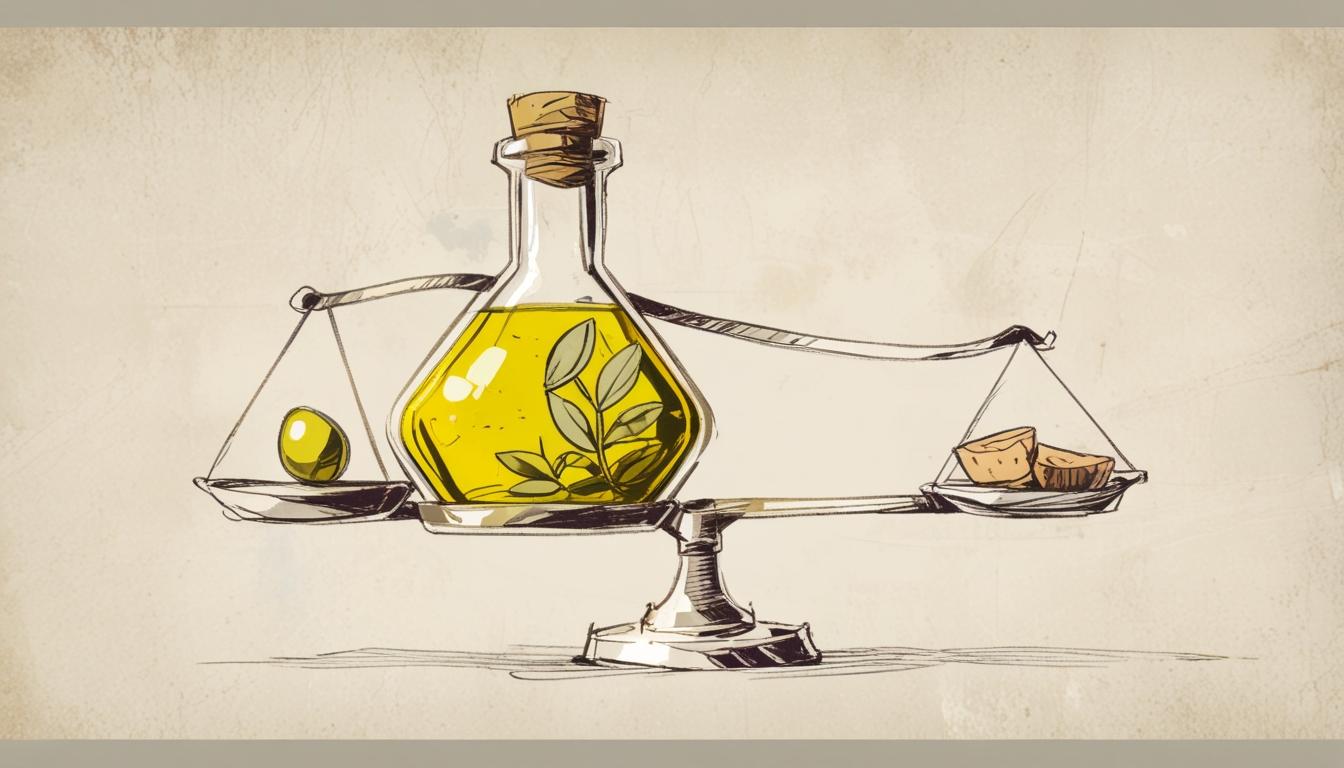The Great Olive Oil Debate: Health Benefits or a Modern Conundrum?
In recent years, olive oil has often been praised as a miracle elixir, linked to numerous health benefits ranging from improved heart health to reduced inflammation. This liquid gold, a staple of the Mediterranean diet, is widely regarded as one of the healthiest options for cooking. However, a growing discourse has emerged, critiquing the baseless obsession with olive oil and examining its potential downsides.
Laurentia Campbell, a nutrition specialist and adviser to the World Health Organization, raises a crucial point regarding the body of research on olive oil, asserting that most studies predominantly involve healthier individuals adhering to Mediterranean lifestyles. Such conditions warrant skepticism about the generalizability of the findings. The spotlight on olive oil, fueled by celebrities and influencers, often overshadows other cooking oils like safflower, sunflower, and soybean, the latter of which have been unjustly vilified. Some health advocates even claim that these seed oils contribute to a plethora of chronic conditions, including obesity, type 2 diabetes, and Alzheimer's disease.
While prominent figures like Robert F. Kennedy Jr. have gone as far as to describe the consumption of seed oils as a form of being “unknowingly poisoned,” experts advise caution in interpreting these claims. The evidence surrounding seed oils is mixed, suggesting that they can be safe and beneficial when used appropriately. Critics of the olive oil craze, like Campbell, caution against extreme behaviours, noting that overindulgence in any oil can lead not only to weight gain but can also negatively impact cholesterol levels. For instance, one dietitian revealed that a client’s weight loss efforts were hindered by his daily consumption of an entire cup of olive oil—an extreme that can counteract the benefits typically associated with the oil.
Indeed, olive oil's caloric density means moderation is key. According to early research, moderate consumption of olive oil—specifically, more than half a tablespoon daily—has been linked to a significantly reduced risk of cardiovascular death compared to those consuming less. Yet, as health influencers encourage people to drink it straight or add it to unusual recipes, such as drizzling it over ice cream, experts warn that such practices may not yield any additional health benefits. The critique echoes sentiments shared by other professionals who observe that a well-balanced diet, rather than an olive oil-centric regime, is essential for optimal health.
Furthermore, the health benefits of oils, including their ratios of omega-3s and omega-6s and how they are utilised in cooking, should be considered. Different oils exhibit varying smoke points—the temperature at which they begin to break down and produce harmful byproducts. Olive oil, at approximately 325 degrees Fahrenheit (165 degrees Celsius), has a lower smoke point than many seed oils, including avocado and sunflower oils, raising concerns about its reliability for high-temperature cooking.
Health studies continue to support the notion that seed oils can lower bad cholesterol and have a place in a balanced diet. The American Heart Association emphasises that omega-6 fatty acids, found in many seed oils, play essential roles in the body and can help reduce the risk of heart disease and stroke. However, it is the overconsumption of ultra-processed foods that deserves scrutiny, rather than seed oils themselves, which are often merely a component of these products.
Furthermore, the wellness community has increasingly popularised various unprecedented uses for olive oil, from skincare to unproven longevity diets. Figures like Jennifer Lopez advocate for its application in beauty routines, while biohacker Bryan Johnson incorporates it into his extreme health regimen. Such endorsements have the potential to obscure the simpler, scientifically validated uses of olive oil, leading to public confusion and misapplication.
In conclusion, while olive oil is a valuable part of a healthy diet, moderation remains vital. Advocates for a balanced approach caution against the extremes advocated by influencers, warning that misguided enthusiasm could lead to unintended health consequences. As with many aspects of nutrition, it's crucial to rely on trusted scientific evidence and personal health needs rather than prevailing trends.
Reference Map:
- Paragraph 1 – [1], [6]
- Paragraph 2 – [1], [3], [4]
- Paragraph 3 – [1], [5]
- Paragraph 4 – [2], [5]
- Paragraph 5 – [1], [6]
- Paragraph 6 – [3], [7]
- Paragraph 7 – [5], [6]
Source: Noah Wire Services
